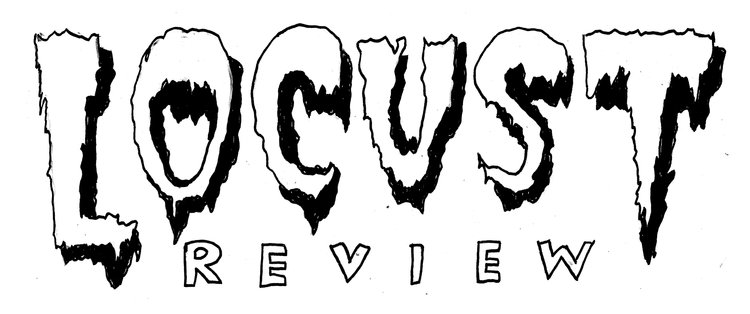As part of a reorganization at Locust, we are seeking art, poetry and fiction, but also non-fiction, essays and reviews for the upcoming issue. Fiction submissions should be less than 3,500 words. Poetry submissions should be less than four pages. Non-fiction submissions should be less than 5,000 words for essays and less than 2,500 words for reviews. Images should be submitted in jpg format at 300 dpi, and at least eight inches in one dimension, and be accompanied by the title, date, and materials used in creating the work.
Read MoreMissing Days
Early in US history, graveyards were chaotic tumbles in the middle of cities. In the late 19th century, however, there was a suburbanization of death. Large new cemeteries were built in the farmlands and woods outside town. The ramshackle graves in the cities were sometimes a health hazard but also a site of ideological discomfort for the bourgeoisie. In Chicago, the silty earth near Lake Michigan would sometimes belch up a buried corpse. Wealthy cosmopolitans increasingly envisioned grassy fields with trees housing family mausoleums like estate mansions. Such stately accommodations were out of the reach for workers. For the poor there was a potter’s field.
Read MoreSWARMCAST is coming!!!
Attention humans. We at Locust Review are pleased to announce SWARMCAST, a monthly podcast on the weird, the political, and where they intersect in fiction, art, poetry and creativity. Hosted by LR editors Tish Markley, Adam Turl and Alexander Billet, SWARMCAST will feature discussions of the radical weird, history and current events, interviews with artists, writers, and musicians, readings of poetry and fiction from contributors to LR, and even the occasional comedy performance.
Read MoreSUBMIT (art, poems, stories, gestures) to Locust #3
Now here we are. A global pandemic. We are stuck at home, that voice asking “what about the rent?” or “what happens if you lose your job?” or can’t get unemployment getting louder and louder. Or we are saddled with that ignominious label of “essential worker,” unprotected, likely underpaid, always exhausted, always at risk.
Read More